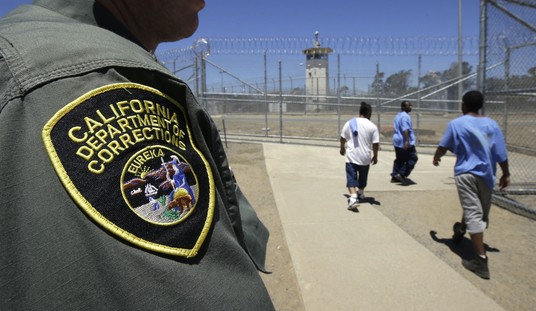Marco Rubio’s talents as a politician are undeniable. As a 2016 presidential candidate, the assets he brings to the table are particularly attractive to Republicans with a vested interest in winning back the White House. Charismatic, young, and a compelling speaker, the popular senator from a must-win state could also leverage his Hispanic background to make inroads with Latino voters. For Republicans in search of an alternative to Jeb Bush, a constituency that grows in number by the day, Rubio represents a compelling substitute.
But the Sunshine State senator has a mark against him; one he might be able to overcome in the primary that could nevertheless sink his candidacy in the general, and one he has been unable to comprehensively address. The junior senator from Florida has a resume that far too closely resembles President Barack Obama’s.
That has become a trite observation to make. Rubio has been asked about his professional qualifications for the White House on several occasions, and Rubio’s backers regularly bristle at the charge that his curriculum vitae resembles the president’s. But just because everyone can see this vulnerability does not render it impotent.
In a column for the December issue of Townhall Magazine, I noted how consistently the American electorate seeks out presidents who are seen as departures from their predecessors. If you want to know who is most likely to win the White House, particularly in a non-incumbent election, look to the Oval Office’s prior occupant.
The antidote to Barack Obama’s aloofness and professorial nature might be any number of Republican candidates who are expected to run for the presidency. Rubio, too, can persuasively make the case for why his presidency would diverge dramatically from Obama’s. But more than a few are beginning to notice that the compelling speaker with a minority ethnic background who has only served a single term in the Senate is uncomfortably derivative. Even Politico is obliquely echoing Republican attacks on Obama in profiles of Rubio. “His autobiography is virtually devoid of substantive accomplishments beyond a local tree-planting project,” the outlet reported in April.
Rubio has addressed the unfavorable similarities he shares with Obama on several occasions, but he has not yet satisfied his critics. Rubio has accused the president of being a “back-bencher” in the Illinois state Senate, while he served as what his allies call the CEO of the Florida House. There, Rubio and others claim, the former Florida House Speaker managed the state’s affairs and oversaw the work of over 300 employees.
But Rubio also contends that his worldview is substantively different from Barack Obama’s. As a conservative Republican, that is no doubt true. The Florida senator is, however, asking the country to trust his judgment, and a track record upon which to base a sound judgment of Rubio’s character is precisely what is at issue.
The polls are replete with bad news for Democrats if they have the courage to look past the head-to-head topline figures, but these surveys are also just as discouraging for presidential aspirants like Rubio. A New York Times/CBS News survey released yesterday revealed that 52 percent of general election voters favor the “right experience” in a president over 35 percent who back a candidate with “fresh ideas.”
An NBC News/Wall Street Journal survey released earlier this week confirmed that Rubio’s background as a first-term senator is a liability. But unlike the accomplished litigator and tea party icon Sen. Ted Cruz (R-TX) or the libertarian standard-bearer Sen. Rand Paul (R-KY), Rubio is uniquely susceptible to being compared unfavorably with the sitting president.
Rubio can certainly overcome this obstacle, but he has not done so yet. If voters want to make a break from the Obama era, and they seem so inclined, Republicans should be troubled by the fact that Rubio could ostensibly be cast as a mirror image of the outgoing two-term president.
Correction: An earlier version of this article indicated Marco Rubio had lamented the fact that America elected a “first-term senator” to the presidency. In fact, Matt Lauer was quoting other Republicans when he made that observation.








Join the conversation as a VIP Member